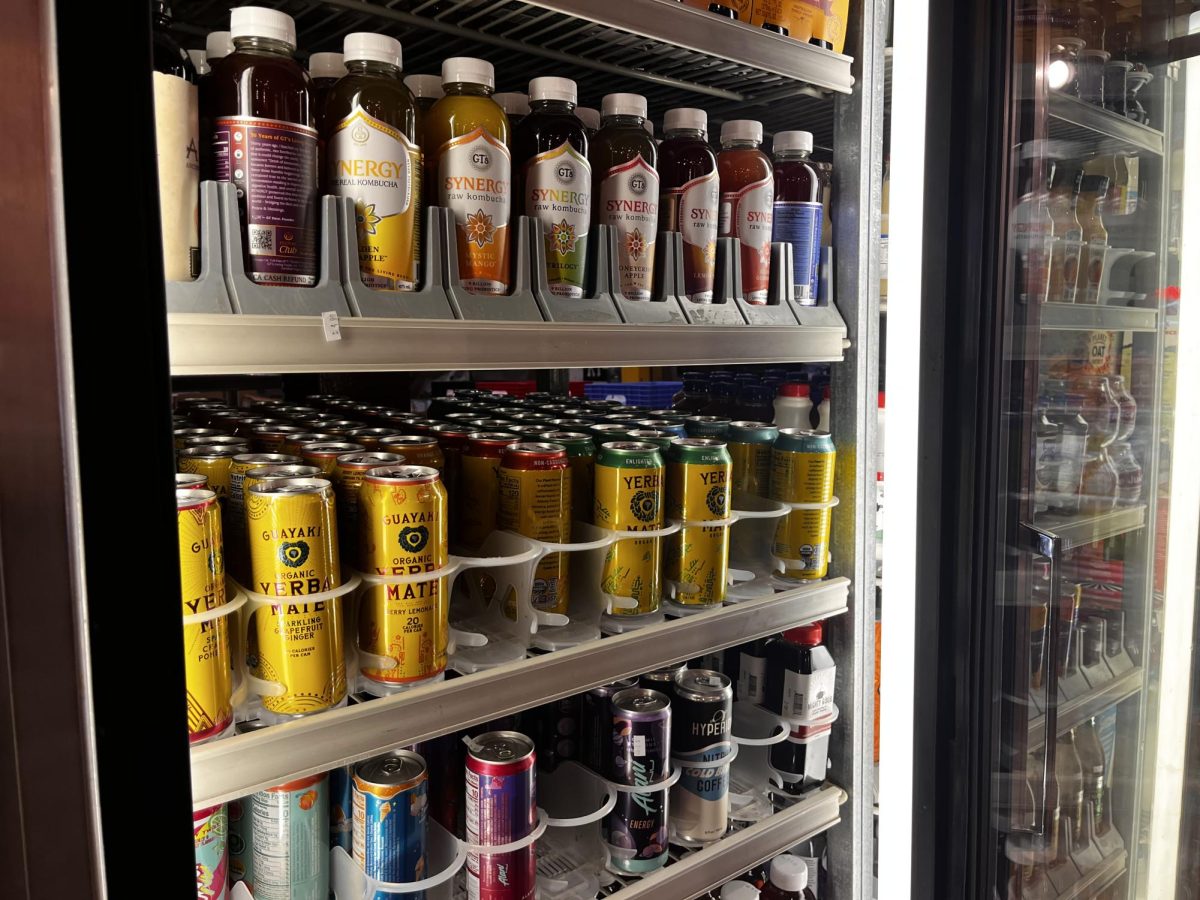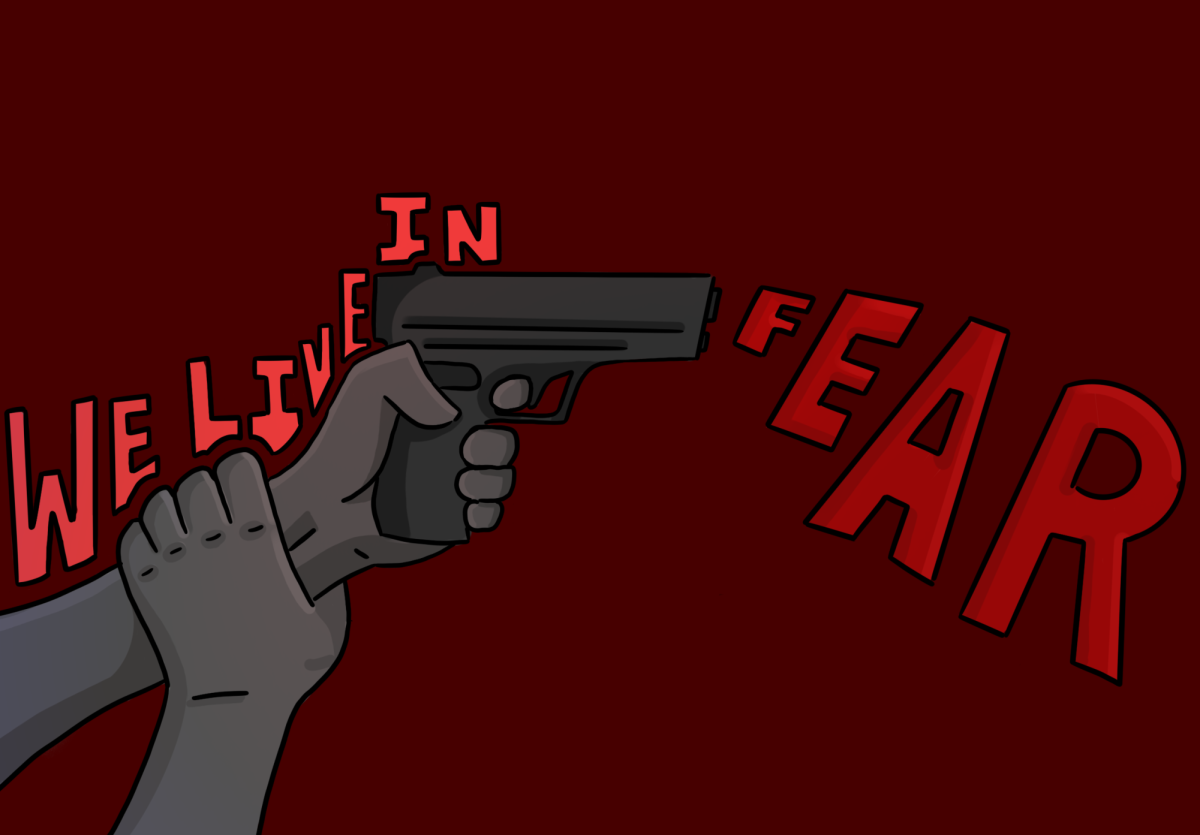The franchise of energy drinks has become a recent staple in many teenagers’ lives. Brand names such as Alani and Celsius have taken over the beverage industry. They have quickly become the favorite drink choice among Gen Z.
These drinks are marketed as solutions for fatigue and increased productivity. The busy life of high school students is a perfect target for promoting quick and convenient fixes for a long night or a stressful day, needing an extra boost.
People who prefer energy drinks over coffee might do so for several reasons. For example, a single energy drink typically contains around 200 milligrams of caffeine, which is roughly double the amount found in a cup of coffee. Energy drinks provide a high dose of energy in a short time span, whereas coffee offers a more gradual increase in energy over a longer period. Additionally, energy drinks tend to take effect more quickly than coffee.
The main ingredient of energy drinks is caffeine, a fast-working stimulant that increases focus. In addition to improving alertness, caffeine can temporarily ward off fatigue, helping individuals with demanding schedules and extended periods of productive activity that, without stimulation, can be difficult to maintain.
These can be especially helpful for student-athletes with a jammed schedule to maintain their in-school responsibilities along with after-school activities. Enhanced physical performance can also be an effect of a high dose of caffeine.
Although brands such as Celsius and Alani have a wide range of different flavors, they are sugar-free and have a very low calorie count. This makes them especially appealing to young people attempting to live a healthy but productive lifestyle.
However, with benefits come certain drawbacks that can actually be very detrimental to long-term health. The impact of caffeine on individuals with ADHD and anxiety can be significantly heightened, especially those who are taking SSRIs (Selective Serotonin Reuptake Inhibitors) or CNS (Central Nervous System) stimulants. SSRIs are used to counteract depression and anxiety, releasing serotonin into the brain. While CNS is used to restrain ADHD and other focus disorders. Both of these medications stimulate the brain, adding other stimulation can interact with the effects of the medication and can cause negative interference.
Energy drinks can also cause dehydration, which is heightened during physical activity, especially if the caffeine is consumed with the exclusion of water. Energy drinks can also lead to a higher heart rate and elevated blood pressure, which can lead to a big risk for individuals with pre-existing heart conditions.
According to the National Library of Medicine, for younger users who are still growing, excessive caffeine consumption can be detrimental to their health and well-being. There can also be concerns with sleep and development.
While energy drinks like Celsius or Alani can offer a quick fix for students dealing with fatigue and pressure, it is important to weigh the pros and cons of benefits and potential health risks. If used excessively, the drinks can have a significantly negative impact on the health of developing bodies. It is well recommended to maintain a healthy, balanced sleep schedule, regularly consume nutrient-rich meals and maintain exercise throughout the day as a substitute for caffeine.
Ultimately, occasionally drinking an energy drink won’t cause harm, but daily it poses potential challenges and difficulty in the long run. It is imperative to consider that while you sip and swallow, other things are happening; there’s more to caffeine than surviving a long night.











